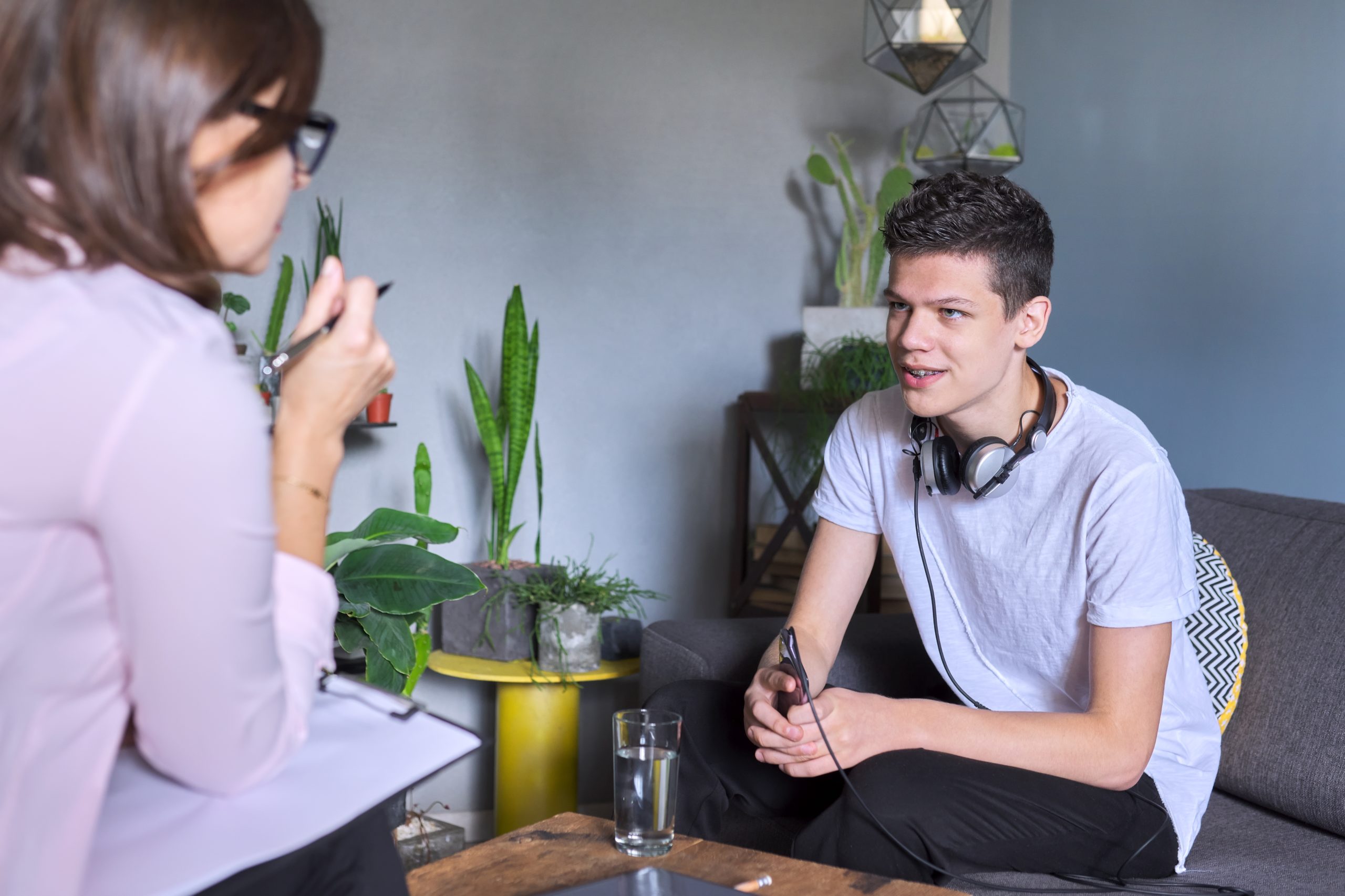A new article published in the Community Mental Health Journal outlines how the University of Florida’s Counseling and Wellness Center (UFCWC) has begun to adopt a rights-based paradigm to mental healthcare, consistent with what has been outlined by Dainius Pūras in his role as the United Nations Special Rapporteur on the Right to Health.
The article “Moving Toward a Human Rights Approach to Mental Health,” describes the steps that the counseling center has taken to emphasize rights-based professional training, ensure genuine informed consent, and offer non-compromised peer support alternatives. The article is written by the psychologist and peer advocate Jim Probert.
“Through the years of cultivating collaborative relationships and difficult dialogues, the University of Florida Counseling and Wellness Center (UFCWC) has developed peer support and training programs which begin to address essential concerns identified within service user movements,” Probert writes.
“These programs are also beginning to move the UFCWC toward meeting the two formally identified ‘critical indicators’ of working in accordance with the UN report. These indicators are (1) education and training on the use of non-consensual measures and (2) the availability of non-compromised peer support alternatives.”

The way we collectively and globally understand mental health and wellness is changing. Not only has the United Nations advanced the human rights of people with psychosocial disabilities, but the World Health Organization also recently issued guidance on bringing global mental health treatment in line with human rights standards. What does a rights-based approach look like when implemented on a college campus?
Probert is a counseling psychologist and clinical associate professor at the University of Florida who has himself been hospitalized twice and has overseen many of the changes outlined in his article. He notes that in 2010, seven years before Pūras had released his report, the UFCWC had already begun addressing the flaws in their mental health care system on a small scale. Initially, these small changes looked like training seminars on trauma-informed care and suicide prevention, with the goal being open dialogue and new ways of thinking.
As the years passed, Probert and others at Florida’s Counseling and Wellness Center began to acknowledge other ways of thinking about mental illness, which opened the door for further rights-based changes—changes that center the service user and their experience.
In 2020, the center hosted seminars that acknowledged “the lack of scientific validity of conventional diagnostic categories” and that the biological underpinnings of most major psychiatric disorders remain unknown. Alongside these statements came an environment for trainees and interns to re-imagine suicide prevention. Probert notes that it is incredibly difficult, if possible at all, to estimate suicide danger and then respond to it appropriately.
The training and seminars also provided the opportunity for the center to move toward ‘non-compromised peer support alternatives,’ a keystone of rights-based mental healthcare. Probert writes:
“In 2015, the UFCWC began offering forms of support developed within these [service user led] movements, which may be engaged as alternatives or complements to conventional supports. Collaborating with pioneering student peers, four UFCWC faculty members have formally facilitated peer support groups while openly identifying their own varied experience of mental distress.”
The peer support model led to the creation of Intentional Peer Support group dialogues, an Experiential Peer Support Group, a Hearing Voices Group, and the integration of a Wellness Recovery Action Plan (WRAP). According to Probert, these efforts have worked to break down barriers to inclusion and improve service users’ and students’ experiences of care.
The goal of the effort is not to recreate “a proprietary, manualized practice” but instead to advocate for a rights-based system change. Probert argues that rights-based mental health in college counseling centers should integrate our world’s newest calamities—the current health, economic, and social justice crises—so that mental health professionals might collectively acknowledge shared responsibilities for social change.
Implementing more rights-based clinical approaches makes space for service users and individuals with lived experience to lead the way.
****
Probert, J. (2021). Moving toward a human rights approach to mental health. Community mental health journal, 1-13. (Link)















Great but not far enough.
I think it’s time we don’t just ditch the “disorders”, but that we start
addressing the right to privacy.
Why in the world can a doctor or shrink write down different things than I said and why is what
I say, not kept confidential.
It seems that they think it’s their right to take over the whole person.
I would NEVER recommend anyone to see a shrink and warn them about therapists even.
I inform people what happens and how much worse can happen.
Why do we accept this lack of privacy?
If my neighbour gossips about me to another person, it can taint their view of me.
It’s a WHOLE other story if my personal stories are shared by those who should know better.
Because this greatly affects my safety.
Report comment
.
Report comment